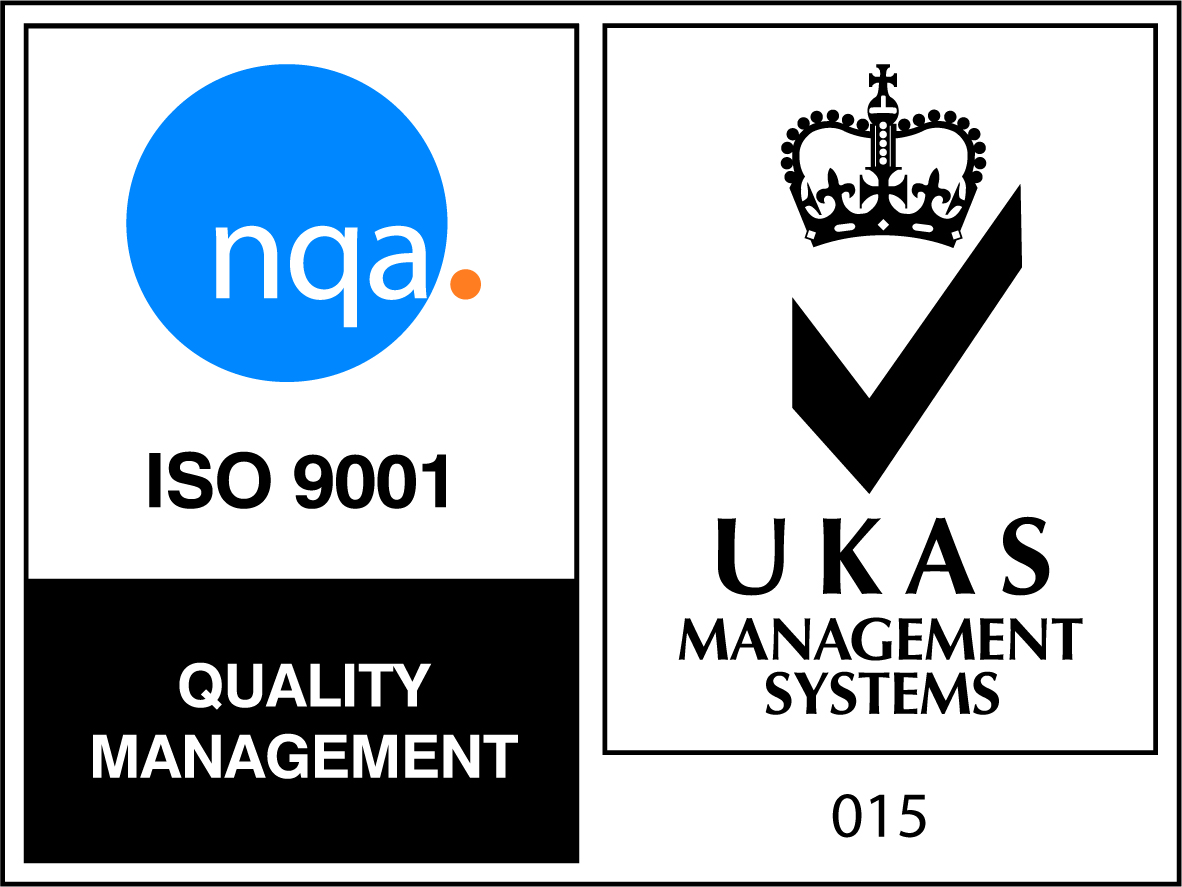Machinists in the Advanced Manufacturing Engineering sector are predominantly involved in highly skilled, complex and precision work, machining components from specialist materials using conventional and/or CNC machine tools such as centre lathes, vertical and horizontal milling machines, horizontal and cylindrical grinding machines, electro discharge machines, single and multi-axis CNC machine tool centres.
All the learners will begin with a 2 week induction covering the principles of the apprenticeship, Induction to Programme and additional courses such as:
To begin their journey through to becoming an Engineering Technician all learners start with off the job training covering 3 or 5 days dependent upon whether they are undertaking a full time or part time course. During this time learners will work towards achieving a Level 2 Diploma in Advanced Manufacturing Engineering (Foundation Competence) and a Diploma in Machining (Foundation Knowledge). Dependent upon prior qualifications learners may also need to complete functional skills in English & Maths to a minimum Level 2.
Please download the datasheet for more information.
They will be expected to be able to be set up, operate and adjust/edit equipment settings as applicable to the machine tool being used. When using CNC equipment they will be expected to be able to produce, prove and/or edit programmes. During and on completion of the machining operations they will be expected to measure and check the components being produced and make adjustments to the equipment/programme to ensure components meet the required specification.
Read and interpret relevant data and documentation used to produce machined components.
Determine the most efficient and effective approach to machine the component using a range of tools, machining processes and techniques.
Select and set up the correct tooling and workholding devices.
Set and adjust the machine operating parameters to produce the work pieces to the required specification. This will involve settings feeds and speeds for roughing and finishing operations.
Select and use a range of measuring and testing equipment to check components are to the required quality and accuracy.
Produce complex and specialist components as a one off test and trial work piece and/or producing components in small or large batches.
Contribute to the business by identifying possible opportunities for improving work practices, processes and/or procedures.

